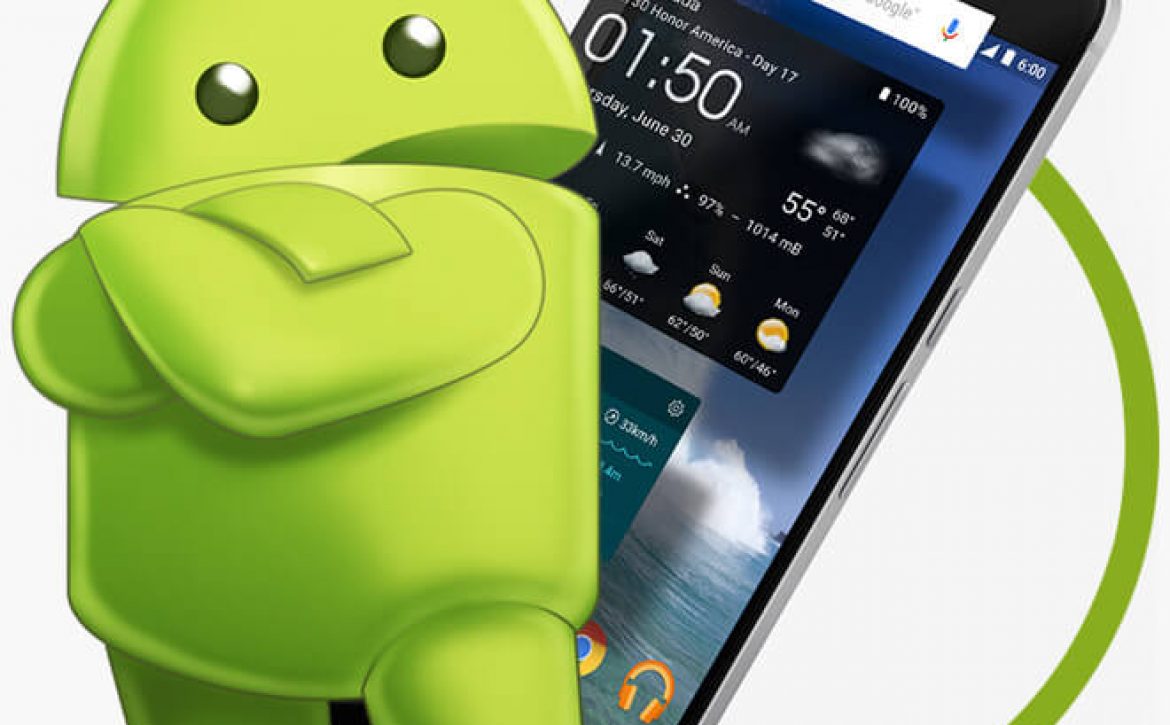Android’s superiority and best practices to build Android apps
It’s fascinating how not too long time ago we once envisioned a future like how people in science fiction movies did. Today, we are almost living it! But this is not it; technology will continue to get much better. The past few years have seen great leaps in technology. Many innovations we use today have revolutionized the way we live and work. One of the most revolutionary innovations that have completely changed our lives is the “mobile”. Mobiles today have become a necessity. They are equivalent to oxygen for a human! What differentiates one mobile phone to another is its “operating system”.
One of the most popular operating systems in the market today is Google’s Android.
But what sets Android apart from the rest? Open source. It’s a software that makes the source code freely available, for anyone to see and use. Google has opened up the software to all who have a spirit to create and provide applications and programs to others. Competitors like Apple and Blackberry have limited their system to developers by safekeeping some of its computer code. This limits creativity, as it puts restrictions and limitations as to what exactly what one can create. Thus, Android boosts a plethora of apps. Any kind of application one desires may already be in the Android play store. While creating an app, the developer must ensure a fantastic user interface. Why? A good user interface and user experience (UX) enhances the aesthetic appeal of the app, making the user use the app more often. The goal of developer is to create an app with a user interface, which makes it easy, efficient, and enjoyable in a way, which produces the desired result.
What makes Android more desirable is the security it offers to its users. It is designed with security as one of its cornerstone principles. Without comparing it to any other platform, it does a fantastic job of making sure processes don’t collect too much information. It has multiple layers of protection to keep malware at bay, and it requires the user’s specific permission to do almost anything that could lead to one’s data or the system being compromised. The user is generally always aware of what’s happening behind the scenes.
An Android phone is generally backed up with a RAM, ranging from 512MB to 4GB, the latter being rare. So, the developer must keep in mind that any app he creates must not consume a considerable amount of space, that ends up making the phone slower, and which ultimately results in a bad experience. A good app is one that takes the least space possible yet provides an enjoyable experience to the user. In terms of performance, Android never backs down. It constantly releases periodic updates to make the existing OS more efficient! New phones in the market come pre-installed with the latest Android OS.
Android is a system that allows one to constantly be in the loop. It automatically synchronizes Facebook, Twitter, emails, and numerous other accounts that are integrated into the system via apps or at stock for the user. Live widgets that monitor in real time, accounts, any and all social networks, social feeds, and business/personal accounts are updated instantly. In addition to that, its flexibility and power to design impactful user-interfaces build compelling, user-friendly applications that will look great on any device.
Android is only progressing. The future for it is bright and promising. It has shattered mobile systems realm, and will continue to do so. And its decision to be an open-source software, has made a bigger difference in the world of mobile operating systems. In a short span of time, Android has given other operating systems a run for their money.




